Boniface Prologue
NEVILLEMOGFORD
Date: Mon 26 Jul 2021Incipiunt aenigmata Bonifatii Episcopi quae misit sorori suae
Aurea nam decem transmisi poma sorori,
Quae in ligno vitae crescebant floribus almis,
Illius sacris pendebant dulcia ramis,
Cum lignum vitae pendebat in arbore mortis.
5 Cum quibus et ludens comprendas gaudia vitae,
Et tibi venturae conplearis dulcedine vitae,
Manducans multo inspireris nectaris haustu.
Spirantes replet nardi fragrantia nares,
Cum quibus et malis compares regna futura,
10 Dulcia sic quondam celebrabis gaudia caeli.
Sunt alia alterius ligni acerbissima mala,
Pestifero vernant quae in ligno mortis amarae,
Quae Adam manducans dira est cum morte peremptus,
Antiqui infecta et flatu et felleque draconis,
15 Viperea ut dudum saeve perlita veneno.
Nitatur palmis haec nunquam tangere virgo,
Mandere quae nefas est et gustare profanum,
Ne dentes strideant fuscati peste maligna,
Talibus aut malis frangantur foedera sancta,
20 Vel superi incassum perdantur praemia regni.Here begin the riddles of Bishop Boniface, which he sent to his sister.
I gave ten golden apples to my sister;
they were growing from nourishing blossoms on the tree of life,
and hanging sweet from its sacred branches
when the tree of life was hanging on the tree of death.
5 And, playing with these, you may grasp the joys of life
and fill yourself with the sweetness of the life to come,
and, eating, breathe out many a mouthful of nectar.
Fill up your breathing nostrils with the perfumes of nard,
and obtain the kingdom to come with these apples,
10 and so you will celebrate the sweet joys of heaven someday.
There are other, very sour apples from another tree,
which grow on the tree of bitter death,
and Adam, eating these, was slain in terrible death;
they were infected by the poison and the breath of the ancient serpent,
15 since they had previously been cruelly smeared with a snake’s venom.
Let no virgin try to handle these:
it is forbidden to eat them and it is wicked to taste them.
Let teeth not grind, darkened by malignant plague,
nor sacred covenants be broken by such apples,
20 nor the rewards of the heavenly kingdom be vainly squandered.Notes:
This edition is based on Ernst Dümmler, (ed.). Poetae Latini aevi Carolini, Volume 1. Berlin, MGH/Weidmann, 1881. Pages 1-15. Available online here.
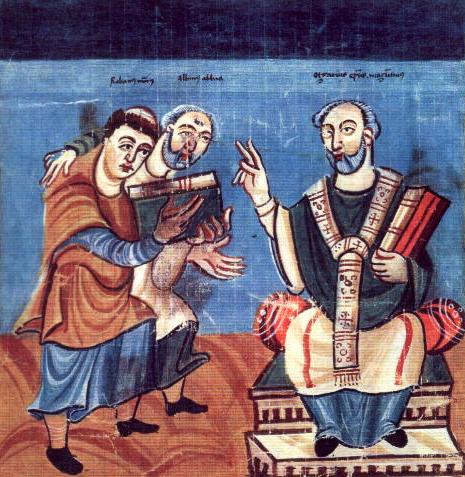


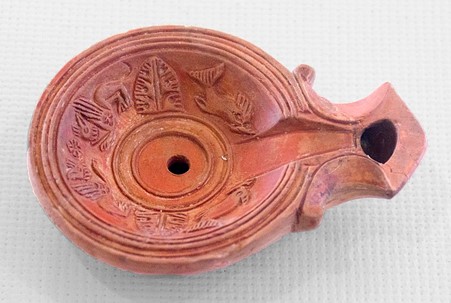
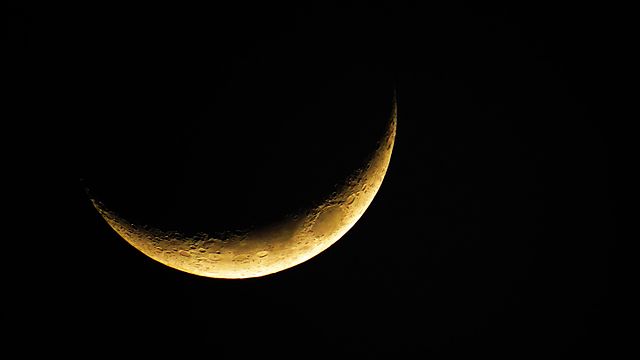


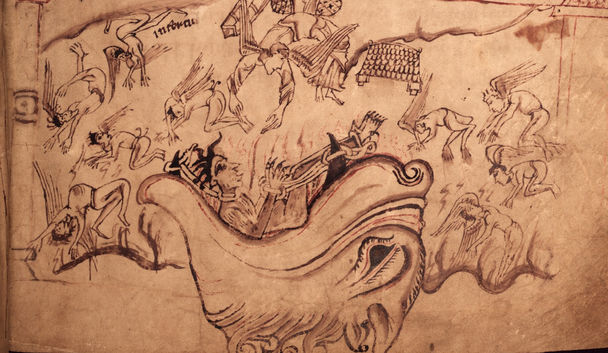
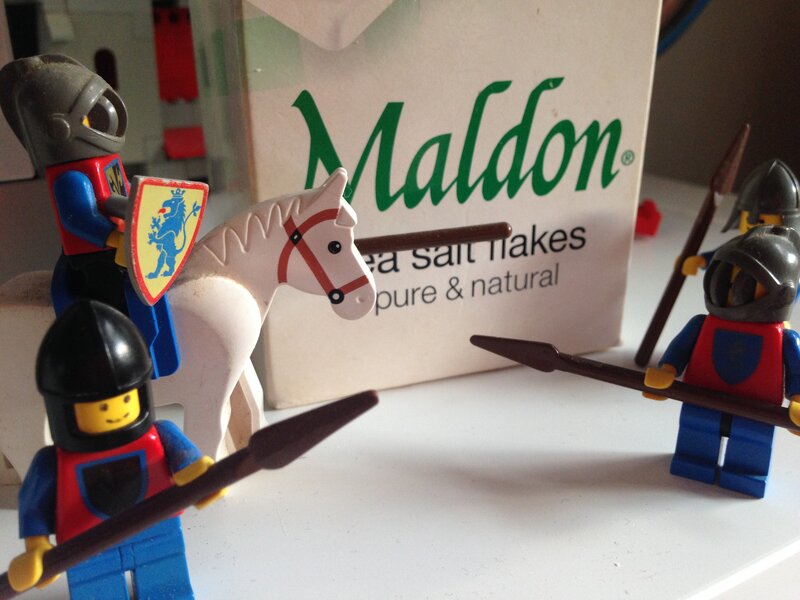

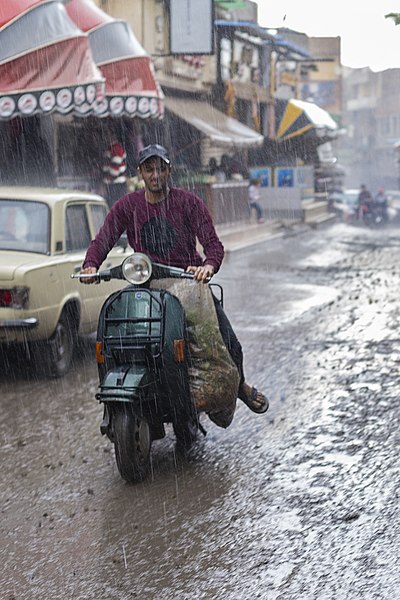
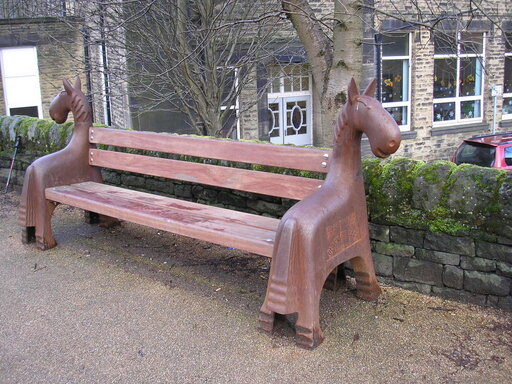
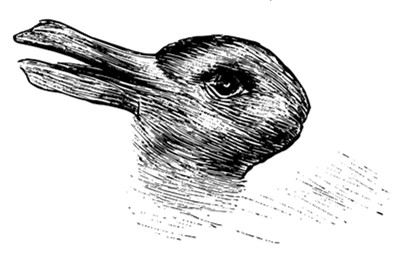

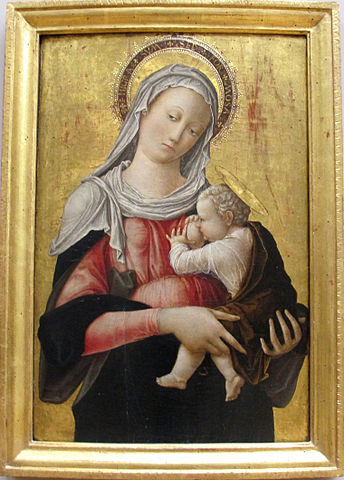
Commentary for Bern Riddle 1: De olla
NEVILLEMOGFORD
Date: Fri 11 Dec 2020Matching Riddle: Bern Riddle 1: De olla
Storms! Philosophy! God! Heaven! Humankind! These are some of the suitably epic subjects that other medieval riddle collections begin with. The first of the Bern riddles, on the other hand, is all about the humble clay pot. But this does not mean that Bern Riddle 1 is mundane. In fact, it is quite the opposite—it describes an ordinary object in very unexpected and fantastical ways.
Pottery is one of the oldest and most important human technologies. Once you learn that clay hardens when baked at high temperatures, you can create all kinds of lovely things—bowls, flasks and jugs, as well as lamps, weights and figurines, and bricks and tiles. Oh, and pots!
Before I start on the riddle, here’s a very brief potted history… of pottery.
Early medieval pottery is incredibly diverse, and it varies greatly by region and time, depending on the material, design, and technologies involved. For example, in England, pottery from the 6th and 7th centuries was typically made on a small scale, shaped by hand, and fired on bonfires. The pottery wheel was introduced by the 9th century and production became more specialised. By the 10th century, a lot of pottery was produced in towns, often using techniques such as wheel-throwing and large, chimneyed kilns.
In Lombardy, where some scholars think the Bern riddles were written, the situation was more complex still, but the general pattern was the same. The turbulent 7th century brought a general decline in quality, but wheels continued to be used in many places, and the pottery industry expanded again from the 800s onwards alongside the newly expanding cities.
Anyway, enough history—let’s get back to the riddle! As with most of the Bern riddles, it is written from the perspective of the object—a technique known as prosopopoeia. The pot riddle is the first of eleven riddles on domestic subjects, and the riddle-creator may have been influenced by chapter XX of Isidore of Seville’s very influential, 7th century encyclopedia, The Etymologies (Salvador-Bello, pages 257-8). On a less scholarly note, when I think of these riddles, I immediately think of the anthropomorphic Mrs Potts, Lumiere and co. in Disney’s Beauty and the Beast. Prosopopoeia is still very relevant in our culture today.
Lines 1 and 2 are all about the material of the pot. They challenge us to explain how a daughter can have two fathers, one immortal and the other mortal. Some readers will know that Latin has three genders—masculine, feminine, and neuter. In these riddles, the grammatical gender of the solution is often depicted in terms of human gender identity. For example, the Latin for pot (olla) is feminine, and so the pot becomes a daughter (nata) rather than a son (natus). The same is true about the fathers. The father who dies is probably fire (ignis) and the father who endures is probably clay (limus)—both words are grammatically masculine. Alternatively, Thomas Klein has argued that the father who dies is the maker of the pot and the father who lives is fire or heat (Klein, pages 407-8).
Lines 3 and 4 explain how the clay is softened, shaped and spun. The single word giro (literally “in a circle”) tells us that the riddler was familiar with pottery wheels—which would fit nicely with the idea that the Bern riddles were written in Italy. The mother in line three could be the hand (manus) that kneads the clay or the water that softens it (aqua). This depends on how we understand the word dura (“hard”), which can refer to either the mother or the child.
Just like the Exeter Book riddles, the Bern riddles sometimes use innuendo. Line 3 tells us that a soft thing is twisted into a “suitable form.” This reminds me of the stiþes nathwæt (“something stiff”) of Exeter Riddle 54. It also makes Bern Riddle 1 a medieval precursor to the sexy pottery scene in the popular 1990s film Ghost .
The final two lines refer to the firing of the pot in a kiln or open fire (“when warmed”), which is needed before it can feed people. The riddle then closes with the offer of food to everyone. Thanks, pot—don’t mind if I do!
Bern Riddle 1 is the perfect introduction to the Bern riddles. It contains many of the themes and motifs that we find elsewhere in the collection: children and parents, life and death, feeding and food-giving, the body, and opposites. And, just like the other riddles, it still captures our imagination today, through its uncanny knack of making ordinary objects seem extraordinary and wondrous.
References and Suggested Reading:
On early medieval pottery
Hamerow, Helena. “Pottery.” In The Wiley Blackwell Encyclopedia of Anglo-Saxon England. Edited by Michael Lapidge, John Blair, Simon Keynes, and Donald Scragg, Second Edition. Chichester: Whiley-Blackwell, 2014. pages 381-3
Wickham, Chris. Framing the Early Middle Ages: Europe and the Mediterranean, 400-800. Oxford: Oxford University Press, 2005. pages 728-741
On the riddle
Klein, Thomas. “Pater Occultus: The Latin Bern Riddles and Their Place in Early Medieval Riddling.” Neophilologus 103 (2019), pages 339-417.
Röösli, Samuel. “The Pot, the Broom, and Other Humans: Concealing Material Objects in the Bern Riddles.” In Secrecy and Surveillance in Medieval and Early Modern England. Edited by Annette Kern-Stähler & Nicole Nyffenegger. Swiss Papers in English Language and Literature (SPELL), Vol. 37 (Tübingen: Gunter Narr Verlag, 2020), pages 87-104.
Winferfeld, Paul. “Observationes criticalae.” Philologus vol. 53 (1899), pages 289-95.
Tags: latin Bern Riddles
Related Posts:
Commentary for Exeter Riddle 54
Bern Riddle 1: De olla